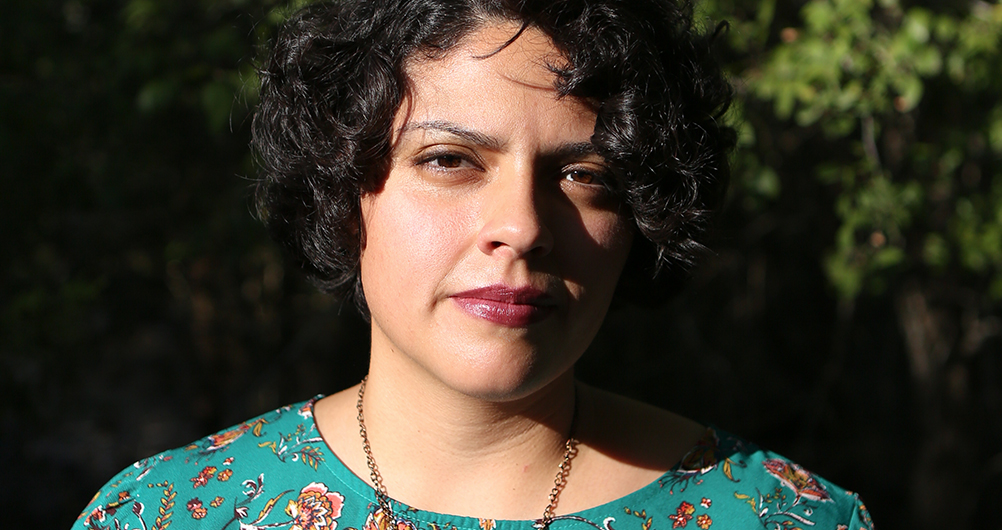When Lucia Hilario crossed the stage in her black graduation gown and matching peep-toe heels last December, she felt years of pressure lift off her shoulders – but only for a moment. She walked confidently, sporting blue and white stoles, surrounded by hundreds of her engineering classmates. What was supposed to be a joyous occasion, one she shared with her friends and family members, was tarnished by the reality that her future in the United States wasn’t guaranteed.
For years, Lucia trained herself to never plan more than a year or two ahead. As an undocumented immigrant, she never had a dream school, and she grew up knowing that she couldn’t afford any mistakes if she ever made it to college at all.
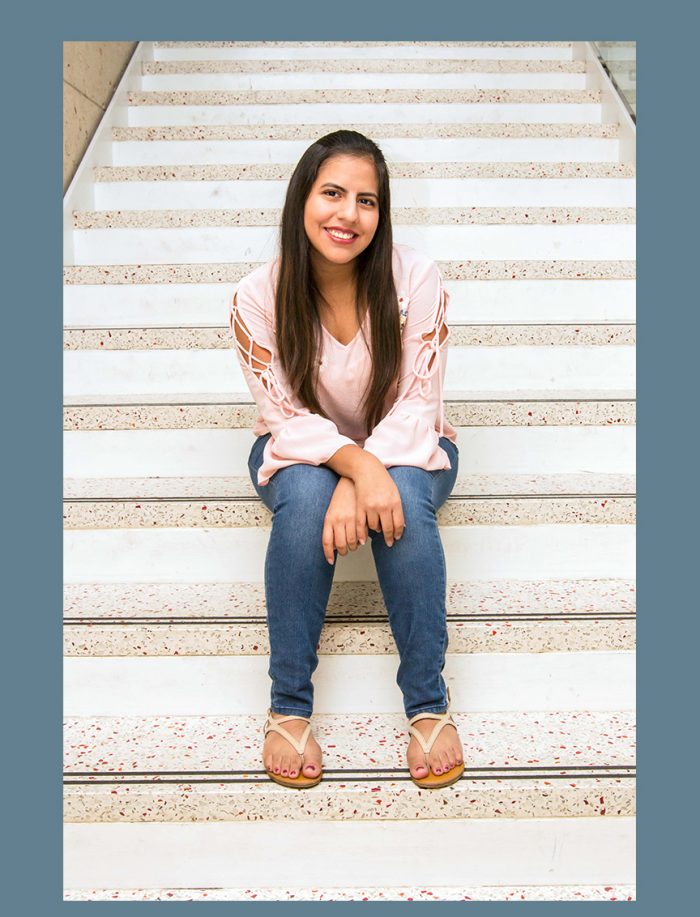
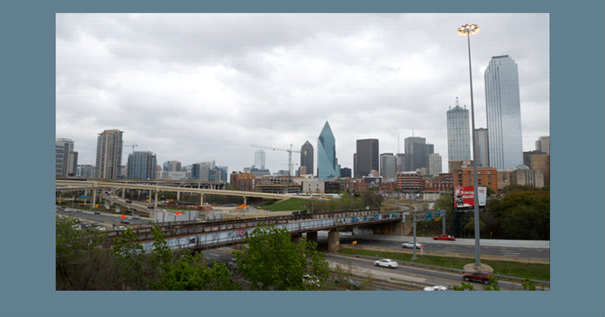
“I always felt like I couldn’t have the same goals and dreams as people who were citizens,” Lucia tells me. “My choice of college was always going to be based off of where I could afford. And I knew I was limited on time and money, so I couldn’t mess up. College is supposed to be fun, but my priority was always graduating as soon as I could just in case something were to happen.”
And a month into her final semester at the University of Texas at Arlington, something did. On September 5, 2017, Attorney General Jeff Sessions made good on President Donald Trump’s promise to rescind Deferred Action for Childhood Arrivals (DACA), Obama’s 2012 executive order that allowed undocumented immigrants to live in the US without fear of deportation. The program also made it easier for recipients, sometimes called DREAMers, to work and attend school. But on that September day, the futures of about 690,000, including Lucia’s, were up in the air.
When she graduated at 23, Lucia was highly aware that this new policy meant she was racing against the clock. Because the administration didn’t cancel it with immediate effect (even allowing some to re-apply), she only had one year until her permit expired. That meant she had limited time to gain work experience before she’d no longer have protection from deportation for the first time in five years.
“Everyone else is looking forward to a future that’s further than mine.”
Lucia, her parents, and two little sisters started to have tough conversations – including deciding who would maintain the family business – as they prepared for a world where they could be deported. “We tried to see things in a positive way as much as we could, but my life was here, I didn’t want to go back,” Lucia says. “I don’t want to have to start over in a completely different country. I feel like I’m always running out of time. I feel limited. Everyone else is looking forward to a future that’s further than mine.”
Despite all their planning, the frustration that came next would be hard to predict. Since Sessions put an end to DACA, the decision has been challenged by three federal courts. A few months ago, DC Judge John D. Bates ruled that the Trump Administration ending the program was “arbitrary and capricious because the Department failed adequately to explain its conclusion that the program was unlawful.” At the time, Bates said the government would be forced to accept new and renewal applications in 90 days if it couldn’t come up with a reason for ending the program.
While this offered a glimmer of hope for DACA recipients, for young undocumented people planning the rest of their lives, it didn’t offer stability. Just on August 31, Texas-based District Judge Andrew Hanen said the government could continue accepting renewals, but it’s likely that his court would find the program illegal. If this comes to pass, it’d likely give President Donald Trump the necessary fuel to terminate it. Experts believe that this is merely setting up the groundwork for the case to land in front of the Supreme Court in the following year. With Trump hoping to fill the empty spot in the highest court in the land with Brett Kavanaugh – who has previously argued for weaker protections for the undocumented community – it could spell trouble for the program.
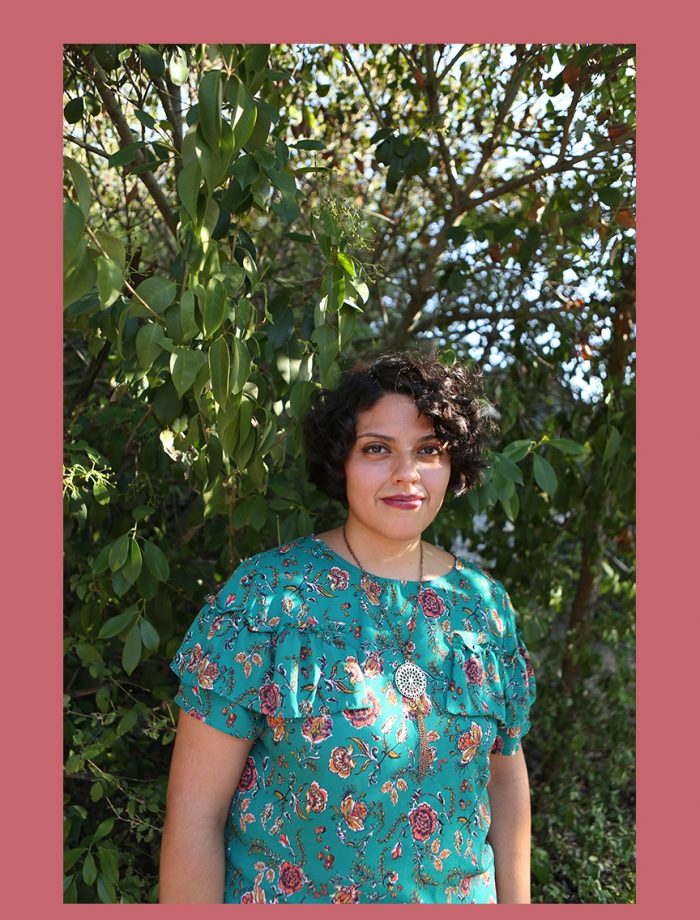

With all the ups and downs since September 5, DACA recipients have approached milestones with trepidation. As Pamela Morales prepared to graduate from the University of Texas in May, she worried about crossing the finish line, pushing her concerns to the back of her mind. But as she waited for her name to be called to receive her diploma on a spring day, all the emotions she hadn’t allowed herself to feel rushed to the forefront.
She thought about the four years she’d spent working toward her bachelor’s degree in social work; she thought about her parents, her two little sisters sitting in the audience and the relatives who couldn’t risk the trip because of their immigration status; she thought about the fact that 19 years ago, she and her parents traveled 1,100 miles away from her birthplace of Tlalnepantla, Mexico in the hopes that she would be able to get the education they never did. She thought about her future.
“I had been avoiding everything until I actually walked across the stage,” Pamela says. “I started shaking. I was in disbelief that it was finally happening, and I couldn’t help but cry when they handed me my diploma. I worked so hard to get to where I am, but I couldn’t even think of giving myself credit until I crossed the stage. It finally felt like all the sacrifice was worth it.”
Pamela was 2 years old when she arrived in the US. Her mother had received death threats back in Tlalnepantla and, wanting to afford her daughter more opportunities and keep her safe, she headed toward Dallas, where Pamela’s father had been working to provide for them. They came to the country using tourist visas, but after they expired, they continued with their lives in Texas – now as a mixed-status family once Pamela’s little sisters were born.
“I know nobody can take away my knowledge, but they can take away my privilege to work.”
It wasn’t until Pamela’s freshman year of high school that she learned she was undocumented. The normal milestones that come and go for most teenagers – a first job, a driver’s license, a first car – never came for her. After continually asking her parents about it, they finally explained their status to her. “I was confused at first, but after that I just became really depressed because I realized how limited I was,” Pamela says. “I just didn’t know what it meant for me and my future.”
For two years, Pamela felt stuck. Right at a time when she was beginning to think about college, she no longer knew if it would even be an option.
Then, in 2012, President Obama signed the Deferred Action for Childhood Arrivals. The executive order meant that undocumented immigrants who came to the US before they turned 16 and at the time under the age of 31 would be protected from deportation. The job, the license, the education once out of reach for students like Pamela was now beginning to come into focus. Five years later, it suddenly felt more like pre-2012.
“Me siento inquieta,” Pamela tells me shortly after her graduation. “I’ve graduated, I have my first degree, and I know nobody can take away my knowledge, but they can take away my privilege to work. I wish there was an easy, quick fix, but change takes a lot of time and not everyone has the luxury to wait. I feel hopeful, but I feel so uncertain.”
Months later when I check up on her again, she’s begun working at a non-profit as part of their youth substance abuse prevention program. For now, she feels safe, but she knows that for her community, there’s always another threat looming around the corner.
“I think with the recent decision on DACA, there’s a little bit of weight lifted off for the time being,” Pamela says. “It’s still not a permanent solution. It’s only there until someone is challenging it again. I’m not trying to be a pessimist, I’m just trying to be realistic.”
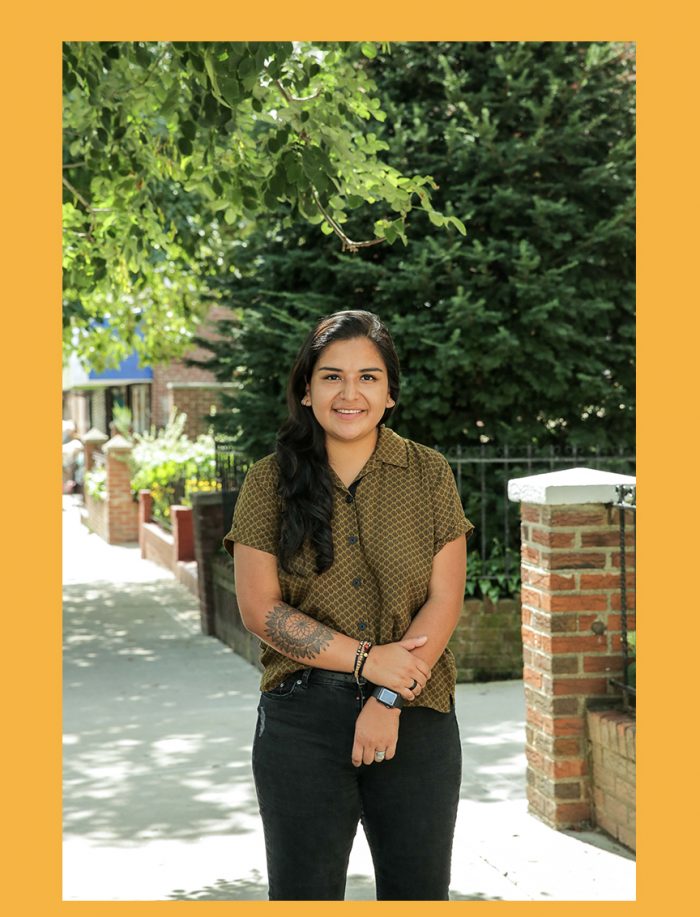
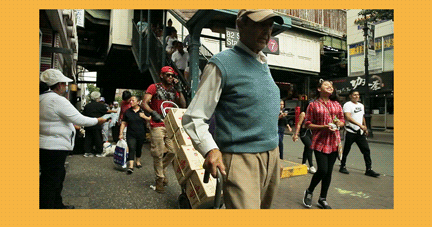
For Diana Chacon, the unpredictable nature of her life as an undocumented student is the exact reason she decided to pursue a career in human rights. While at the John Jay College of Criminal Justice in New York, Diana began getting involved with immigrant rights group Make the Road and her school’s Immigrant Research Center. Since graduating in May, she’s applied to grad school and accepted a fellowship focused on immigration law and community outreach for immigrants seeking legal advice. She hopes to go to law school and eventually become a professor.
“Being undocumented in this country for the past 11 years, nothing has changed in terms of the fear or the struggle,” Diana says. “DACA was just a band-aid. It ignored people that came a month after the deadline, it ignored our parents. Historically, law has been used as a tool for oppression, but I want to be a part of changing that.”
Diana came to America with her mother when she was 11 years old – leaving behind much of her extended family in Lima, Peru – after the country suffered an economic crash. She still remembers her roots in Lima – the cousins she grew up with and the soccer games they used to play, the parades they would go to, or the sweet taste of the yogurt they would eat together. And how difficult it was to adjust to life in the United States.
“We were always struggling to get by in the beginning, and to say struggle is making it pretty,” Diana adds. “It’s so traumatic to immigrate. I try and hold on to my culture as much as I can because here, they try to make you assimilate. But Peru, my family, my roots, nobody can take that away from me.”
Before really understanding her status, Diana said she used to think differently about undocumented people, not understanding why they would move to a country without documentation or a place to stay. But as she became more involved in the undocumented community, she realized how complex the issue was and how much needed to change.
One major step she says needs to be taken is the glorification of the “model Dreamer.”
“I think about the way I’m seen as a successful Dreamer with good grades in school, but two years ago I had a 2.4 GPA,” Diana says. “The moment an undocumented person does something wrong or doesn’t do as well, it creates this us versus them of good or bad undocumented students. We need to dismantle those ideas and include everyone. Because right now, it’s like people need to see us as economic gain in order to see us as humans.”
My parents are always trying to help me see that it won’t be the end of the world and that we can continue our fight elsewhere.”
Similarly, Pamela felt the pressure to be the “perfect Dreamer,” and the expectations became a source of constant stress. “When I began to realize how vulnerable undocumented people are, I felt like I couldn’t mess up,” Pamela says. “There’s this feeling that you have to be perfect in order for the media to like you and for society to not deport you. On one hand, you want to be protected, but on the other hand, what about everyone else? You can’t just think about yourself, you have to think about your community.”
Her desire to give back to the undocumented community played a vital role in Pamela’s decision to pursue a degree in social work. Though she’d spent years feeling uncomfortable about her status, UT’s Dreamer-founded University Leadership Initiative group gave her a community of people who openly embraced it. By organizing with the group during Texas’ legislative session, she began to feel comfortable with her identity and found her love of social work.
“Until I met [the people at ULI], I didn’t know there were undocumented folks who were open about their status,” Pamela says. “They opened my eyes to the fact that being undocumented isn’t the worst thing in the world, but there are so many problems and injustices undocumented people have to deal with that social work can help me tackle.”
Since graduating, Lucia has been working at an transportation engineering firm focused on highway and bridge construction. She’s passionate about her work and re-applied to DACA in the hopes of staying there. She tries to follow updates on DACA closely, but it gets difficult to hear what is more often than not bad news.
“Even with the recent news about renewals, I’m happy that I was able to apply, but I know that doesn’t help some of my other friends and family,” she says. “Sometimes it can be overwhelming to hear all the negativity, but I don’t like being in the dark either.”
Back in New York, Diana has spent the past nine months after her graduation trying to figure out what the future means to her, even as a permanent solution for DACA remains unresolved. Though she spent years trying to avoid carving out a future for herself here, she said she’s finally allowing herself to hope.
“My parents are always trying to help me see that it won’t be the end of the world and that we can continue our fight elsewhere,” Diana says. “ I used to think about my life in another city in another country. But right now, I’m starting to think more about my future here. Nothing is for sure but I’m starting to feel a little less scared to have a dream for myself in this country.”



